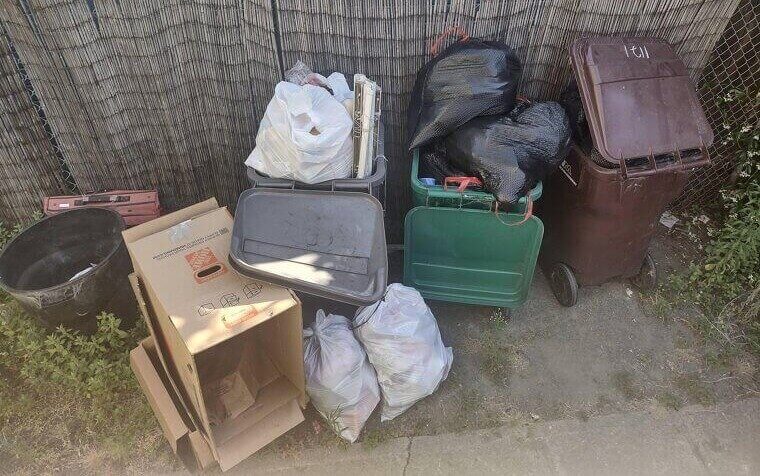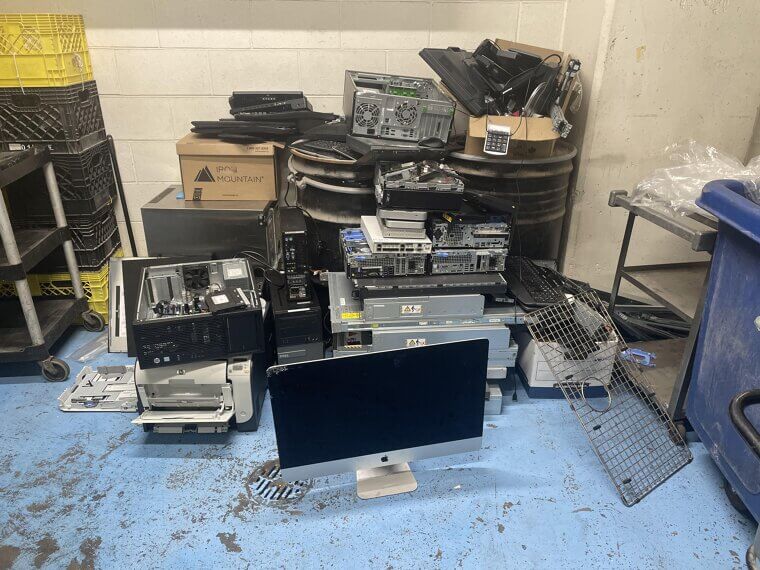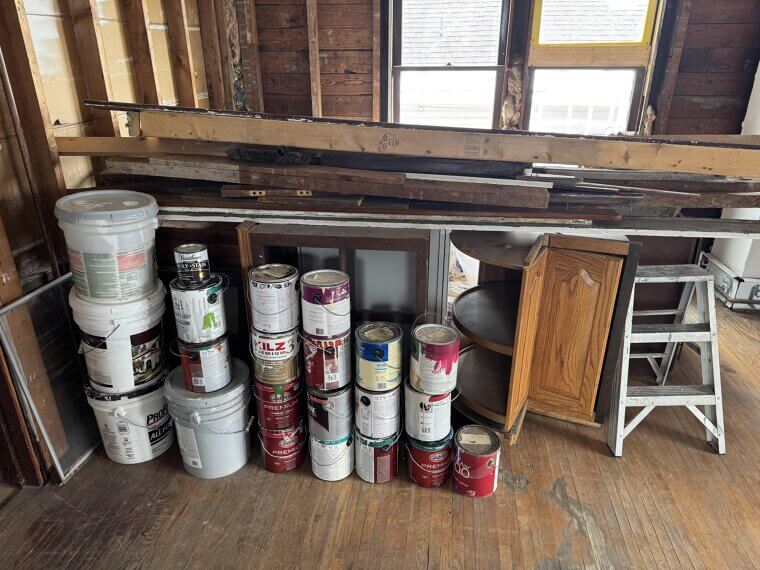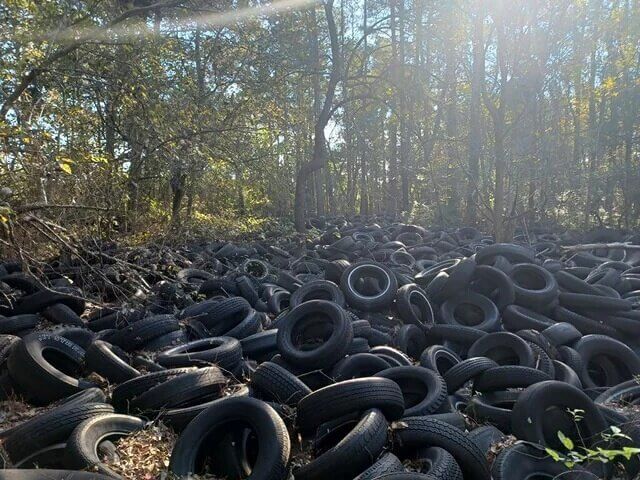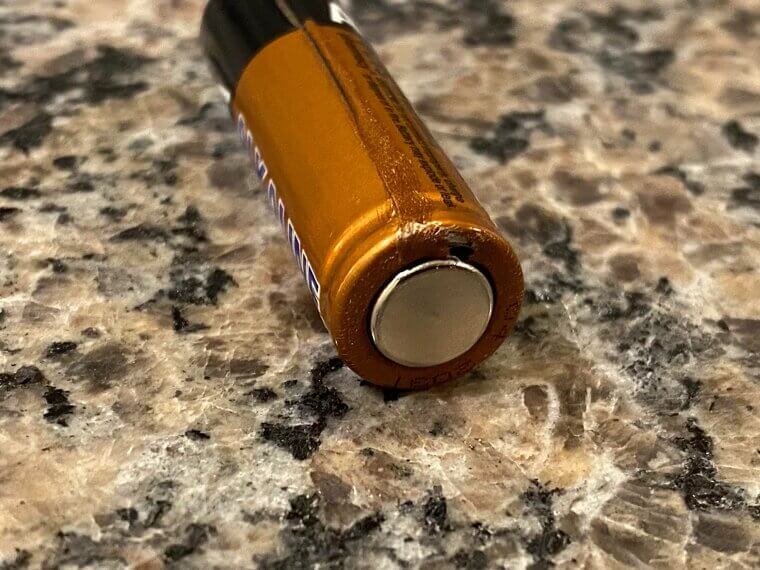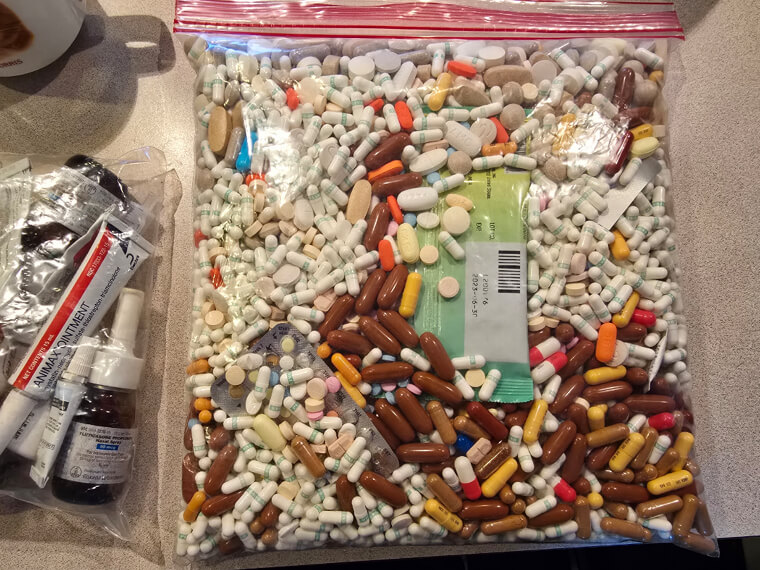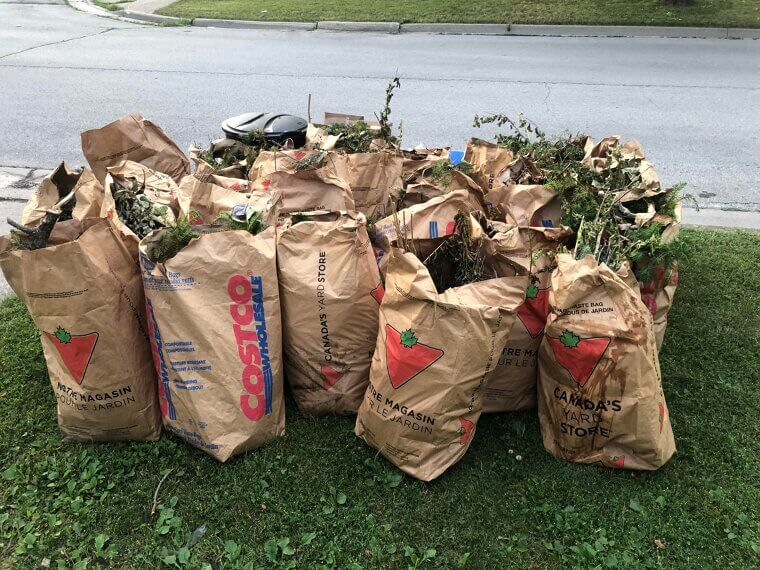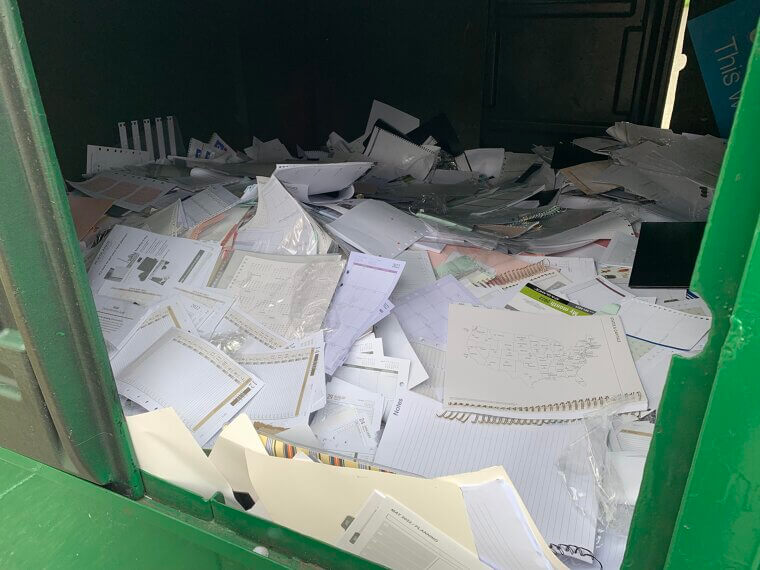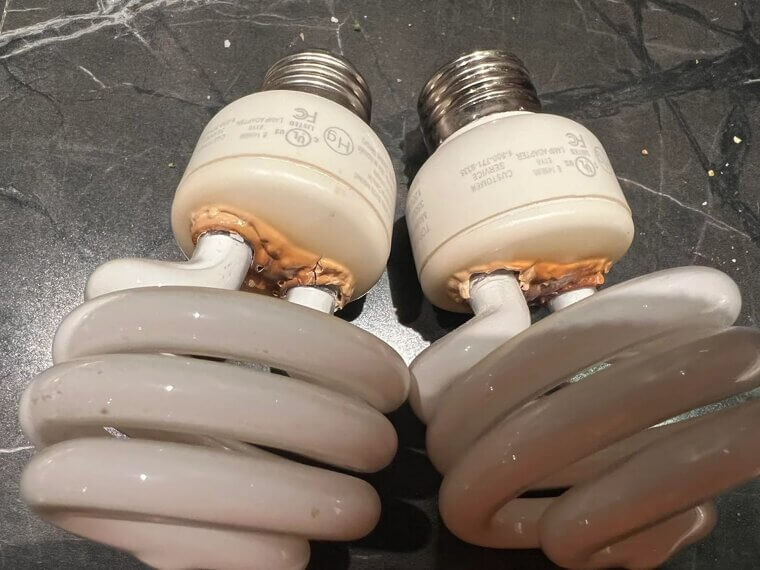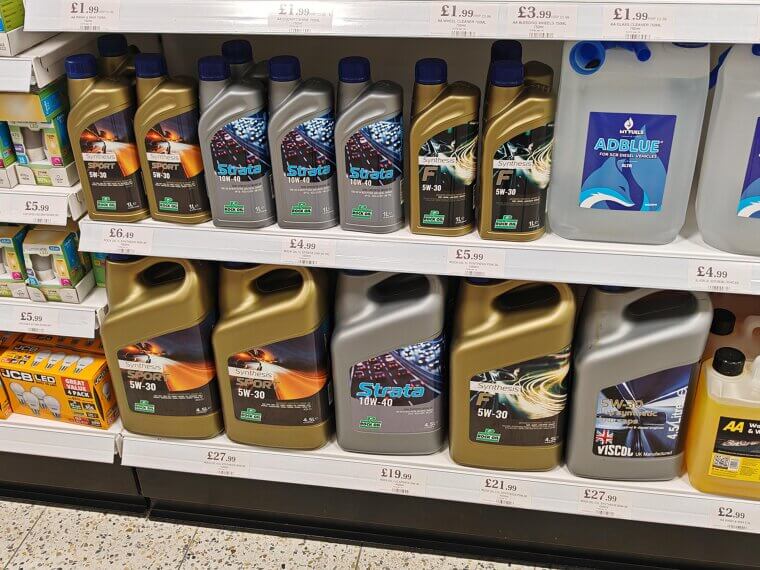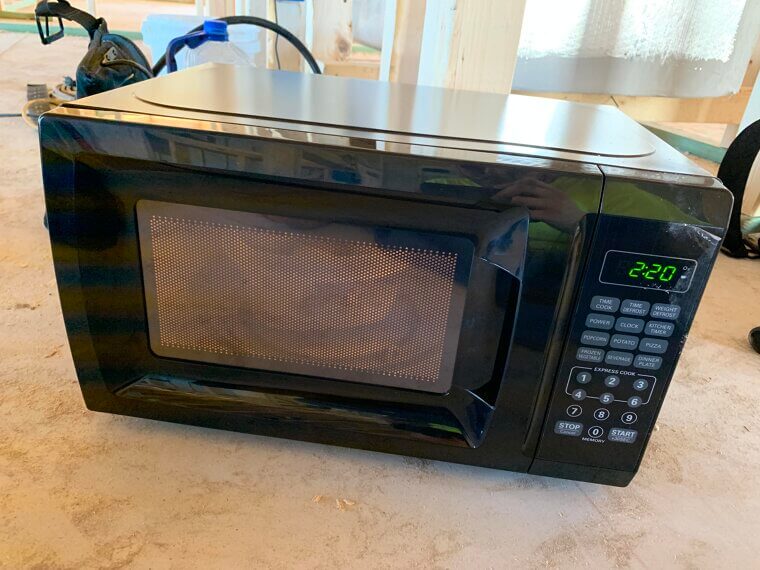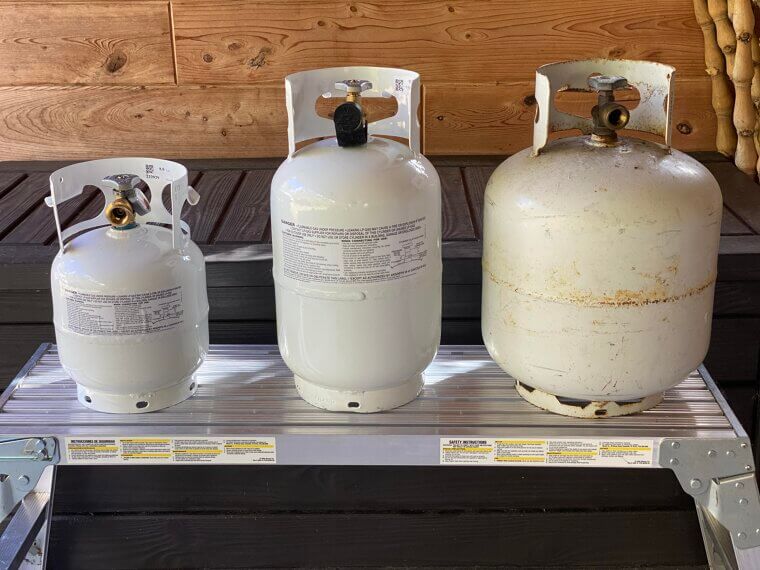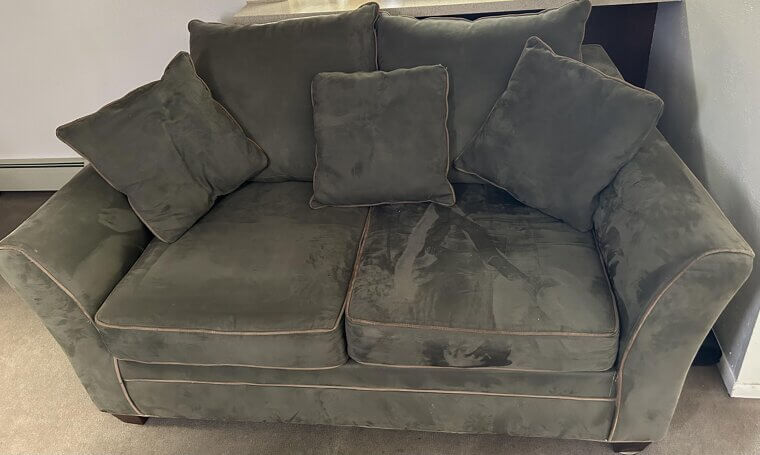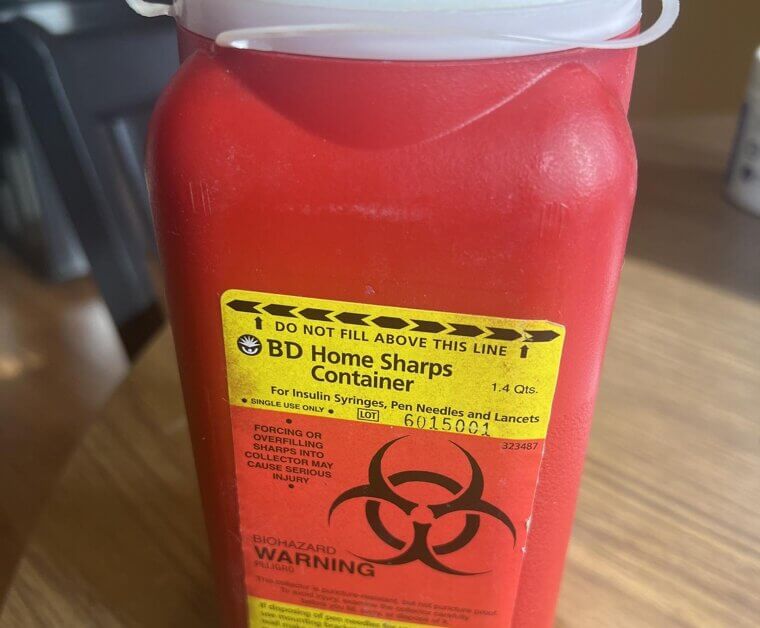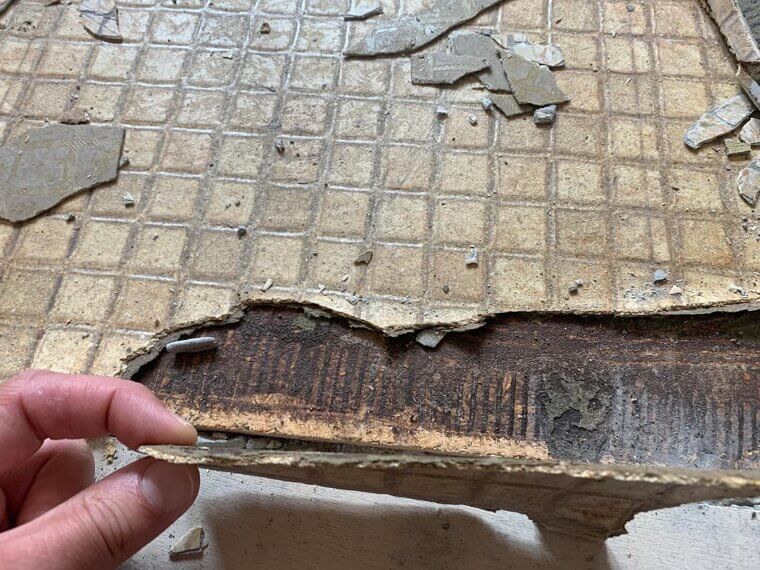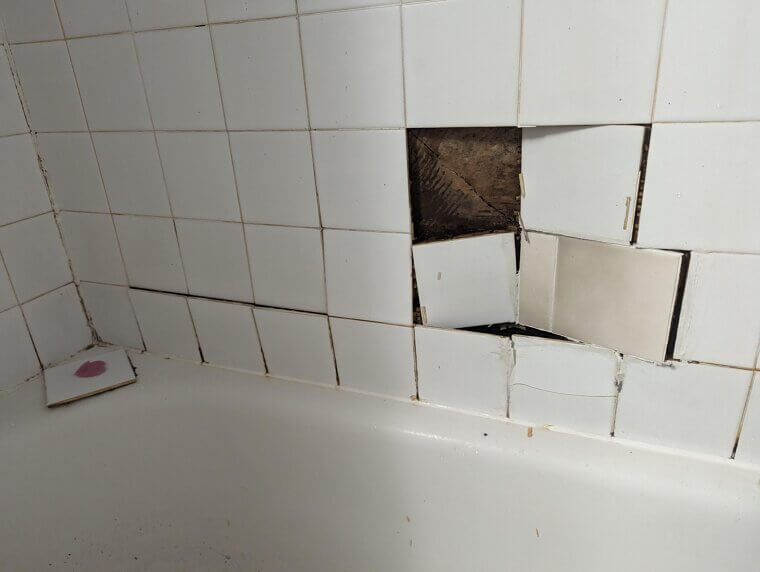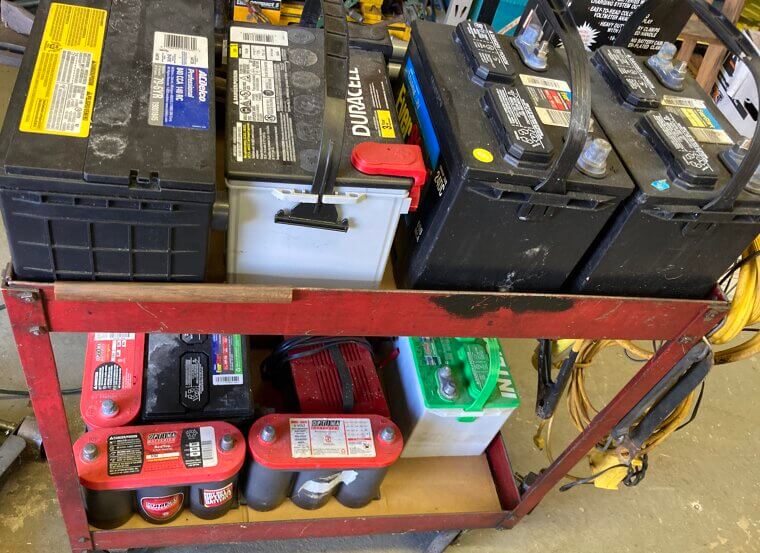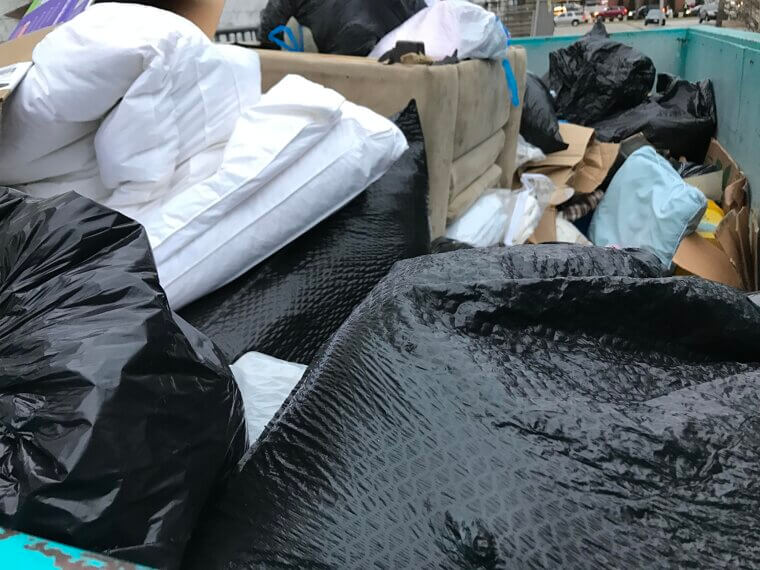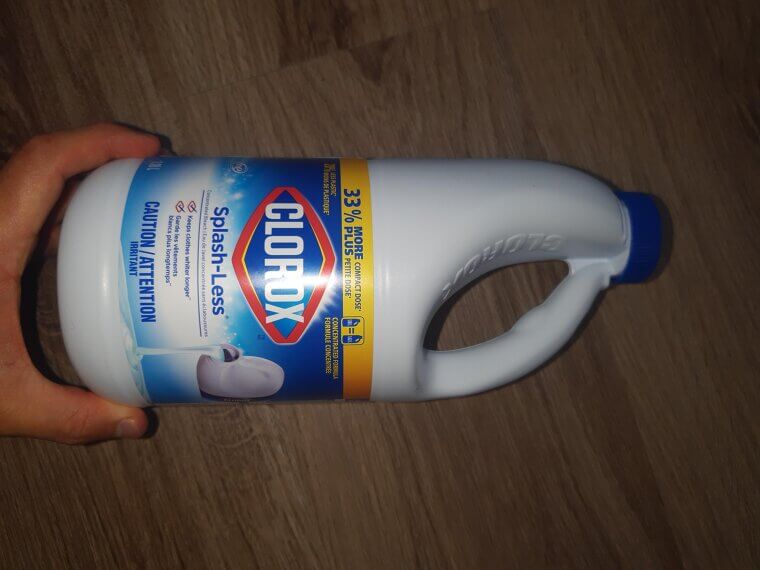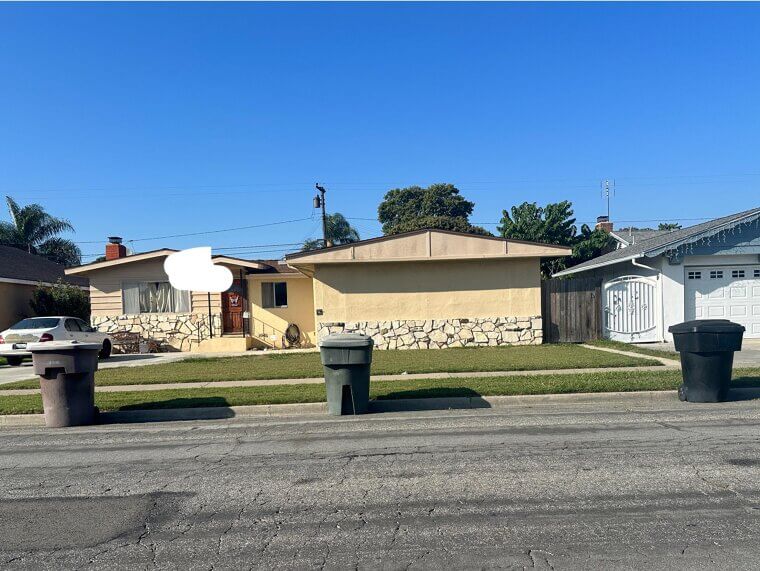Don't Throw These Items in the Trash
You think tossing something in the trash is no big deal, but sometimes, it is. Tossing the wrong item in the wrong bin can cost you big time. Here are the surprising ways your garbage can cost you.
Dumping Electronics
Old phones and TVs aren’t just clutter; they’re e-waste. Throw one in your regular bin, and you could face fines up to $1,000 in some states. Yikes! You should recycle electronics through certified e-waste programs. This way, you avoid both the punishment and the guilt.
Trash-Bagging Paint Cans
That half-full paint can from your DIY project is hazardous waste. Oil-based paints can leach toxic chemicals. You could face fines up to $500 if you toss it improperly. Check with local waste facilities before disposing; they often have safe disposal days.
Throwing Out Tires
Tires don’t belong in your curbside bin, no matter how bald they are. Most landfills reject them, and illegal dumping can result in fines over $1,000. Many auto shops recycle them for a small fee, and that’s a whole lot cheaper than a government citation.
Tossing Batteries in the Trash
Those AA batteries are not landfill-friendly. Tossing them can leak hazardous chemicals into the soil and land you a fine of $50 or more, depending on your city. You should recycle them. Most hardware stores will take them. It's better for the Earth and your bank account.
Flushing Medications or Trashing Them
That expired bottle of antibiotics? Don't throw it away or flush it. Medications can contaminate water systems and land you in trouble, especially if found in household waste audits. It’s best to take them to designated drop-off sites.
Mixing Yard Waste With Trash
It might feel harmless to bag up your grass clippings and throw them in with your regular household rubbish, but in certain jurisdictions, it could actually be illegal. You could face a fine of up to $300 for not composting or utilizing green bins.
Trashing Recyclables
Throwing cans, paper, or plastics into regular trash? That’s a big no-no in recycling-mandated cities. Not only could you be fined, but you could also lose collection privileges. Sort it right and avoid the hassle. The recycling police (yes, they exist) are watching!
Trashing Light Bulbs
Compact fluorescents (CFLs) and some LEDs contain mercury and other harmful elements. If you put one in the trash, you may be in violation of local environmental safety laws. Fines vary by state but can be over $200. Many hardware stores will take them back, no hassle. But when you’re in doubt, check local disposal guidelines.
Disposing of Oil or Grease
Pouring motor oil or cooking grease into the trash or down the drain is a quick way to a big fine. Some cities charge up to $1,000 because these substances clog sewer systems.
Discarding Appliances
That old toaster oven or mini-fridge needs more than a curb goodbye. Many appliances have some form of metal or refrigerants that need to be handled specially. Many cities offer bulk item pick-up; just inquire before you toss. Dumping them illegally can cost up to $2,500.
Throwing Out Propane Tanks
Empty or full, propane tanks still pose a hazard in trash trucks. They’re an explosion risk, and disposing of them improperly can cost you big time. Many hardware and camping stores will take back used tanks. It is safer, smarter, and saves you from the fine.
Ignoring Bulk Item Rules
Got an old mattress or couch? Curbing it without scheduling a bulk pickup could cost you. Some cities fine up to $1,000 for illegal dumping. Always check local collection rules before you drag furniture out front. The “out of sight, out of mind” trick won’t fool code enforcement.
Tossing Sharps and Needles
Used needles are a health hazard, not trash. Improper disposal can result in biohazard fines, especially in cities with strict medical waste rules. Use designated sharps containers and take them to drop-off points. It keeps everyone, garbage workers included, safe and puncture-free.
Disposing of Asbestos
Don’t even think about tossing your old insulation, tiles, or siding in the trash if it has asbestos. Mishandling asbestos can cost big time and major health risks. Hire certified professionals. This isn’t a DIY moment; it’s a “call the pros” situation.
Tossing Construction Debris
While you’re renovating your kitchen, those broken tiles and drywall are not regular household waste. Sneaking it into your weekly bin can result in fines for illegal dumping. Use construction dumpsters or designated drop-off centers. It’s legit and cheaper than an enforcement notice.
Disposing of Car Batteries
Car batteries are toxic powerhouses filled with lead and acid. Tossing them is illegal almost everywhere and can cost four figures. Auto parts stores will usually take them for free or give you store credit. That’s a win for your car and your conscience.
Trashing Clothing in Bulk
Big bags of old clothes in bins or alleys? That’s illegal dumping in some areas and can cost up to $500. You can donate instead. Many charities offer pickup or have drop boxes. It’s good for the community and your record.
Dumping Chemicals
Bleach, pesticides, and paint thinner don’t belong in your household bin. Improper disposal can contaminate local water and result in hazardous waste violations. Fines vary by state but can be big. Check for hazardous waste collection events in your area instead.
Tossing Fireworks or Ammo
Dumping old fireworks or unused bullets in the trash is a no-no. It can result in fines and a visit from the authorities. Most areas have very specific disposal protocols. Call your local fire department or hazardous waste centre before handling this kind of bang.
Putting Trash in Someone Else’s Bin
Think you’re clever putting your overflowing bag in your neighbour’s bin? That’s illegal dumping in many places, and yes, it’s fine-worthy. Some areas even have cameras at communal dump sites. Do the right thing and wait for your next collection, or pay for an extra bin.

